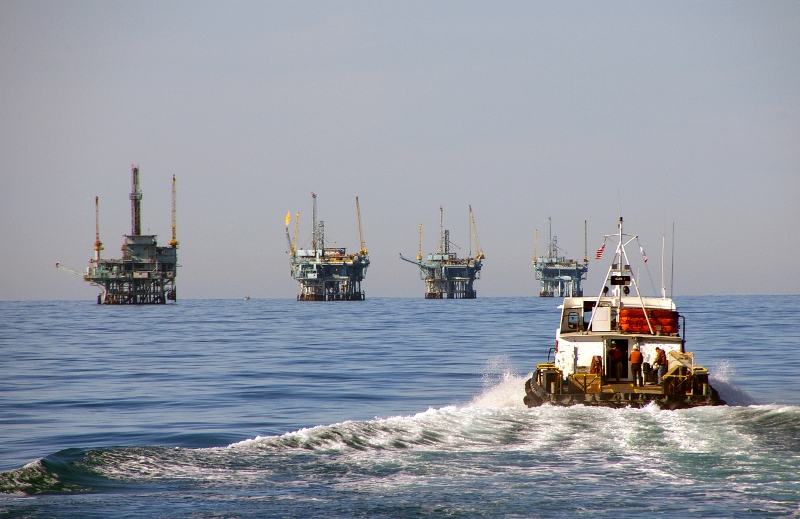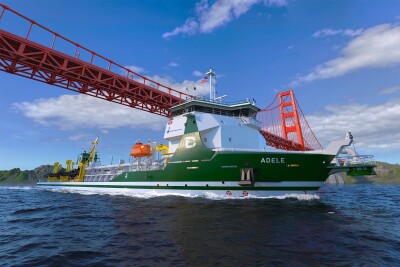A new National Ocean Policy adopted by the Trump administration stresses economic benefits from ocean industries, rescinding a 2010 Obama policy that focused on marine conservation.
The order President Trump signed June 19 rolls back regional planning bodies, envisioned in the Obama plan as advisory groups to help develop ocean zoning and avoid user conflicts.
Critics had derided the regional planning as a potential new bureaucracy. The National Ocean Policy Coalition, consisting of energy, industry, commercial and recreational fishing groups, and other interests applauded Trump’s latest undoing of an Obama initiative.
Overturning the 2010 policy “removes a significant cloud of uncertainty that has been hovering over a wide range of commercial and recreational interests that represent a broad cross-section of the American economy,” said NOPC managing director Jack Belcher, “threatening domestic jobs, economic activity, and recreational opportunities through new and unauthorized bureaucracies, mandates to federal agencies, and actions that could needlessly prohibit, limit, or delay access to public lands.”
Industry and energy are prominent in the Trump order, which states at the outset “ocean industries employ millions of Americans and support a strong national economy. Domestic energy production from Federal waters strengthens the Nation’s security and reduces reliance on imported energy.”
Among its imperatives, the Trump order specifies that government must “ensure that Federal regulations and management decisions do not prevent productive and sustainable use of ocean, coastal, and Great Lakes waters.”
Environmental groups fumed at the reversal.
“The repeal of the National Ocean Policy is another attack in the Trump administration’s all-out assault on the nation’s public lands and oceans for the sake of private exploitation and profit,” said Priscilla Brooks, director of ocean conservation at the New England-based Conservation Law Foundation. The Obama policy set the stage for the Mid-Atlantic and Northeast Ocean plans, the first regional frameworks to come out of the planning process.
The Trump order still speaks to the need for using the best science and coordination among all levels of government to maintain ocean resources, as other administrations have recognized. Some results from the Obama years, such as detailed mapping of economic activity on the ocean, have served the Bureau of Ocean Energy Management as it prepares new offshore energy leases for oil, gas and wind power development.
The Mid-Atlantic planning effort is particularly valuable with the ramping up of plans by wind energy developers off the East Coast, says Tony MacDonald, director of the Urban Coast Institute at Monmouth University in New Jersey.
“This shift in language should not be used to justify tipping the scales against the ‘environmental benefits’ cited in the order and actions necessary to protect and restore the marine environment, and to hold ocean users accountable to limit their impacts,” MacDonald wrote. “My experience working with various ocean stakeholders over the past 30 years ranging from ports to state managers to fishermen to nongovernmental organizations is that, despite their differences, they have a shared interest in stewardship of ocean resources.”





